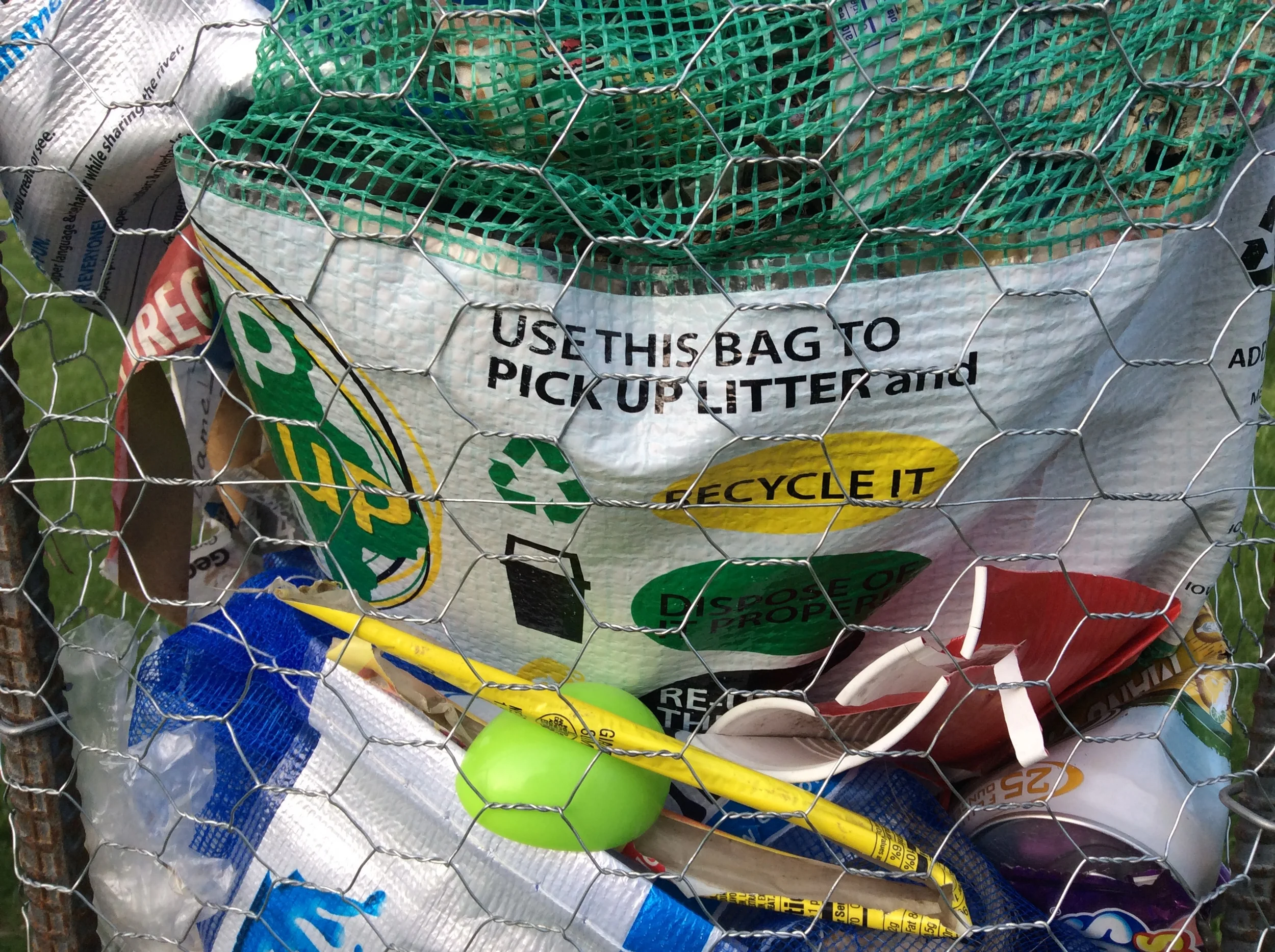Sustainability Focus Areas
Urban Ambassadors helps you connect to sustainability resources in five main areas: Food, Waste, Transportation, Built Infrastructure, and Natural Environment. Our events and social media presence pull from these focus areas as well as the foundations listed below. We're here to help you find solutions to a challenge you may be facing! Reach out and we'll see how we can help.
Food
Local food is your access to health and community. Urban gardening is exercise, diet, friendship and therapy all rolled into one. Farmers' markets and CSAs (community supported agriculture) provide local produce and livelihoods for small-scale farmers.
Your average meal travels over one thousand miles to reach your plate and contains synthetic chemicals with uncertain long-term health effects. Childhood obesity and diabetes are on the rise. You can be a part of the solution by supporting or actively creating access to "slow" food, or local food in your community.
Waste
Zero waste is the shift away from a disposable society. There is no waste in nature. What you pay to put in the landfill could be avoided in the first place, reused or gifted to someone. You can recycle half of what you throw away and compost one-fourth. Inventory what you throw away and challenge yourself to keep your trash scarce. Down-size your container. You may even go weeks without rolling to the curb or calling for a pick-up.
The "stuff" you do throw "away" can be avoided by purchasing things with easily recyclable packaging. Use your community service networks to find things a home. Buy recycled content. It's a great way to vote with your dollars and create markets for local recycling industries (jobs). Waste is a verb. Responsibility is too.
Transportation
Alternative transportation is key to neighborhood revitalization. A bicycle is a breath of fresh air that reduces health care costs. A carpool is a great networking event. All of the the above are good for your checkbook. Save money by saving the planet.
You could strive to move closer and where you work and shop. Infill the city. Use people power. Your fossil fuel use has costs: financial, ecological and political. Take responsibility for the means with which you access the things that matter to you. And feel better doing it.
Built Infrastructure
Green homes are safe, healthy, and efficient. If you're average, you spend 90% of your life inside a building. The built environment is responsible for 39% of carbon emissions, 40% of raw materials use, 30% of waste output, and 12% of potable water consumption.
You can choose new construction with a new perspective or, better yet, revitalize your existing home/business to achieve a higher standard. Basic energy audits are free and more advanced audits pay you back quickly.
Natural Environment
Our natural environment needs protecting. We rely on clean air, water and soil. While we live in a urban setting, there are things we can do to ensure that our natural environment is protected.
Plant a rain garden or native species in your yard. Add a green roof to your building. Use rain barrels to capture water to use on your lawn. Remove invasive species.
In addition to five Focus Areas we also have five Foundations. These foundations are essential to holistically capturing the complexity of each focus area.
Justice & Social Equity
Social equity is inherent in democracy, where each person- regardless of race, class, gender, sexual orientation, religion, or geography- expects to have equal ability to influence community decisions and equal access to the resources required to participate in decision-making processes. Social equity in sustainability means putting forth efforts to redress historical injustices, avoid future injustices, and provide equal access to participate in and shape sustainability efforts as they develop.
Integrative Health & Community Wellness
Sustainability in health and wellness is the active process of becoming aware of and making choices toward a healthy and eco-friendly life. Air and water quality, walk-able and bike-able communities, and a diet of nutritious foods from responsible sources all contribute to an economically and physically sustainable lifestyle.
Financial Sustainability & Purchasing Power
The way you use your money to make sustainable purchases and investments can greatly impact our community. This takes into account the economic, environmental and social impacts of our spending. Sustainable purchasing allows individuals to meet their needs for goods, services, construction works and utilities.
Service & Volunteer Engagement
Service is helping or doing work for someone or a cause/organization. Being sustainable takes a community and when we are all working together to bring sustainability into our lives we will all be more successful.
Political Engagement & Advocacy
Political activity could be at the neighborhood, city, county, state, regional, or national level. Through political groups we can help to educate and bring awareness about opportunities for ambassadors to lend their voices and time to making systematic change. Urban Ambassadors is non-partisan and doesn't support any candidate - we support ideas to make our communities more sustainable.

